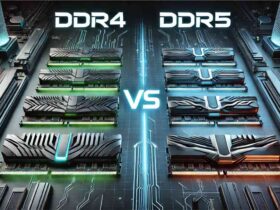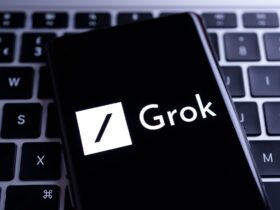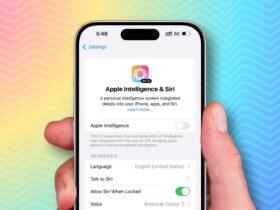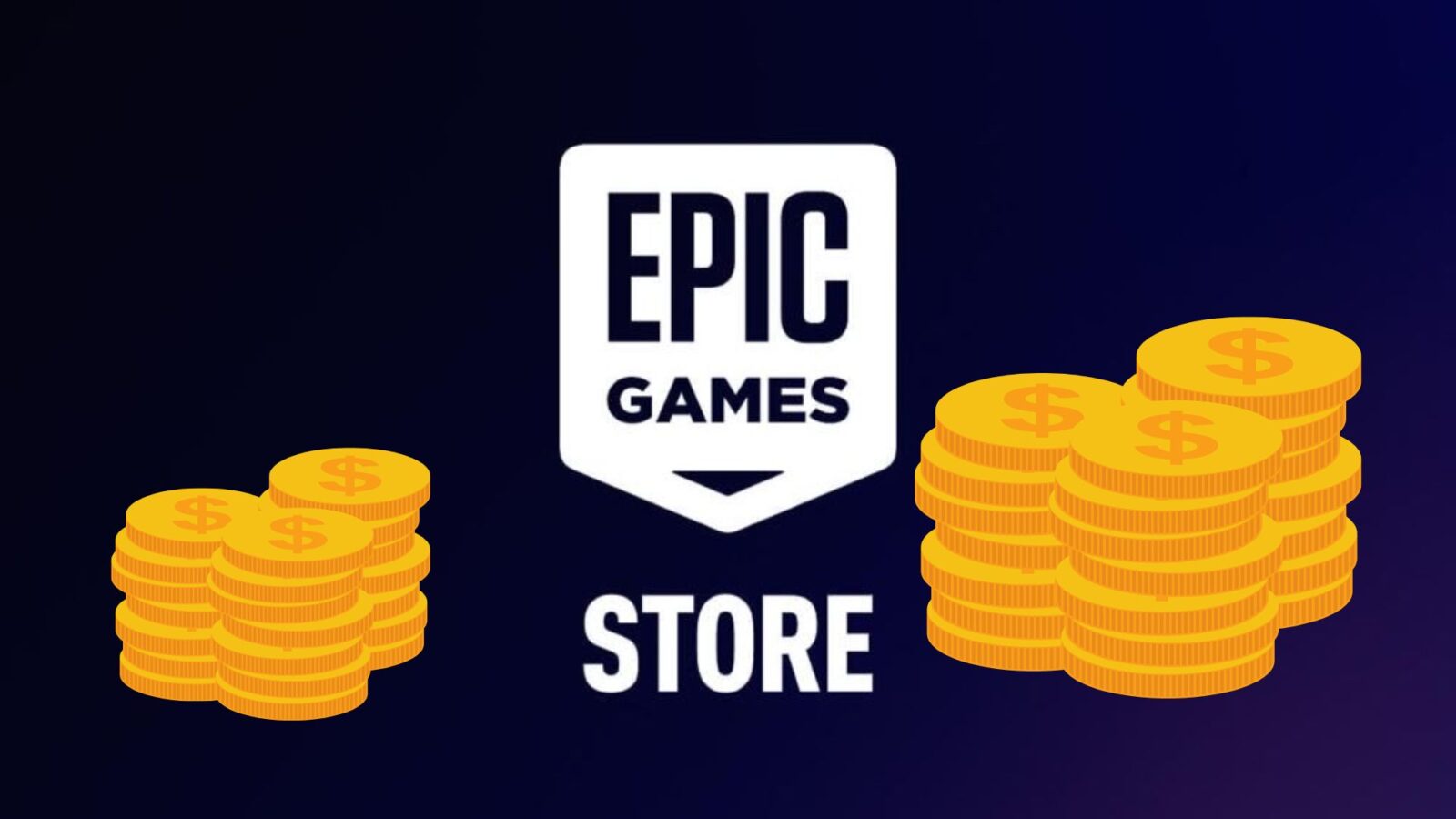Daftar Isi
The Epic Games Store burst onto the digital distribution scene in 2018, challenging the industry giants with its bold approach. As the battle for gamers’ attention intensified, Epic Games aimed to carve out a niche by offering developers a more favorable revenue split and enticing exclusivity deals. But how profitable is the Epic Games Store, and what strategies have contributed to its financial landscape?
The Revenue Landscape
The Bold Revenue Split
The Epic Games Store disrupted the status quo by introducing a developer-friendly revenue split. Unlike the industry standard, where platforms like Steam take a hefty 30% cut from game sales, the Epic Games Store opted for a leaner approach. Developers retain 88% of the revenue, while Epic claims only 12%. This move sent shockwaves through the gaming industry and prompted other platforms to reevaluate their fee structures.
The Unreal Engine Connection
Epic Games’ profitability isn’t solely tied to the store. The company’s Unreal Engine, a powerful game development tool, plays a crucial role. Developers can use Unreal Engine for free, paying royalties only after their games earn a certain threshold. This dual revenue stream—store sales and Unreal Engine licensing—bolsters Epic’s financial health.
Read More: Brave Browser’s AI Assistant Leo: A review of its integration on Android Devices
The Path to Profitability
Investment and Long-Term Vision
Epic Games acknowledges that the Epic Games Store is not yet profitable. However, the company’s long-term vision extends beyond immediate gains. By investing in exclusivity deals, free game giveaways, and developer-friendly terms, Epic aims to build a loyal user base. The hope is that positive gross profit will eventually outweigh initial losses.
The Ongoing Battle
The Epic Games Store’s profitability journey isn’t without challenges. Competing with established platforms like Steam and navigating legal battles (such as the ongoing lawsuit with Apple) requires resilience. As Epic continues to refine its strategy, the gaming community watches closely.
Comparison to Other Game Platform
In the dynamic realm of digital game distribution, three titans stand out for their distinctive approaches to gaming content and community engagement: Epic Games Store, Steam, and GOG Galaxy. Each platform carves out its niche through unique offerings and policies, creating a diverse ecosystem for both gamers and developers. This analysis dives into the strengths and limitations of each, based on critical aspects such as revenue models, game libraries, and user experience.
Epic Games Store: Championing Developers and Exclusive Content
Epic Games Store has swiftly become a notable contender in the digital distribution landscape, primarily due to its developer-centric revenue split. Offering an 88% share to developers, Epic significantly surpasses Steam’s traditional 70/30 split, presenting a compelling proposition for game creators. The platform further distinguishes itself through strategic exclusivity deals, securing early access to highly anticipated titles. This approach not only boosts its gaming catalog but also draws gamers’ attention and loyalty. Additionally, Epic Games Store’s regular offerings of free games serve as a powerful magnet for users, enhancing its user base and engagement.
However, the Epic Games Store faces challenges, including a smaller game library compared to its more established rivals. Additionally, the platform’s user experience is somewhat hampered by the absence or underdevelopment of certain community features, such as user reviews and forums, which can diminish social interaction and feedback.
Steam: The Behemoth of Game Libraries and Community Engagement
Steam stands as the colossus of the digital distribution market, boasting an extensive library of over 10,000 games. This vast selection makes it the default destination for many gamers seeking variety and novelty. Beyond its sheer volume of games, Steam excels in creating a rich community ecosystem. Its robust social features, including chat, forums, and user-generated content, foster a vibrant and engaging community atmosphere. The platform’s legendary seasonal sales and discounts further solidify its appeal, offering significant value to its user base.
Despite these strengths, Steam’s revenue-sharing model, which takes a 30% cut from game sales, has faced criticism for being less favorable to developers compared to alternatives like the Epic Games Store. Moreover, Valve’s communication strategies with users and developers occasionally fall short, leading to feedback of opacity and lack of engagement.
GOG Galaxy: A Haven for DRM-Free Content and Classic Gaming
GOG Galaxy distinguishes itself by its staunch commitment to DRM-free gaming, ensuring that users can enjoy their purchased games without restrictive digital rights management. This principle appeals particularly to advocates of consumer rights and digital ownership. GOG meticulously curates its library, prioritizing quality over quantity, which, while limiting its catalog size, ensures a high standard of gaming experiences. The platform is also renowned for its dedication to classic games, serving as a repository for timeless titles that are otherwise difficult to find.
However, GOG Galaxy’s focused approach means its library lacks the breadth of modern titles available on Steam and Epic Games Store, potentially limiting its appeal to fans of newer games. Additionally, its smaller collection of games, when compared to its competitors, may deter users looking for a one-stop-shop gaming experience.
Conclusion
The Epic Games Store isn’t just about profits; it’s about reshaping the gaming landscape. By prioritizing developers and offering a compelling alternative, Epic Games has disrupted the industry. As the store evolves, profitability remains a goal, but the impact it has made reverberates far beyond financial metrics.






























